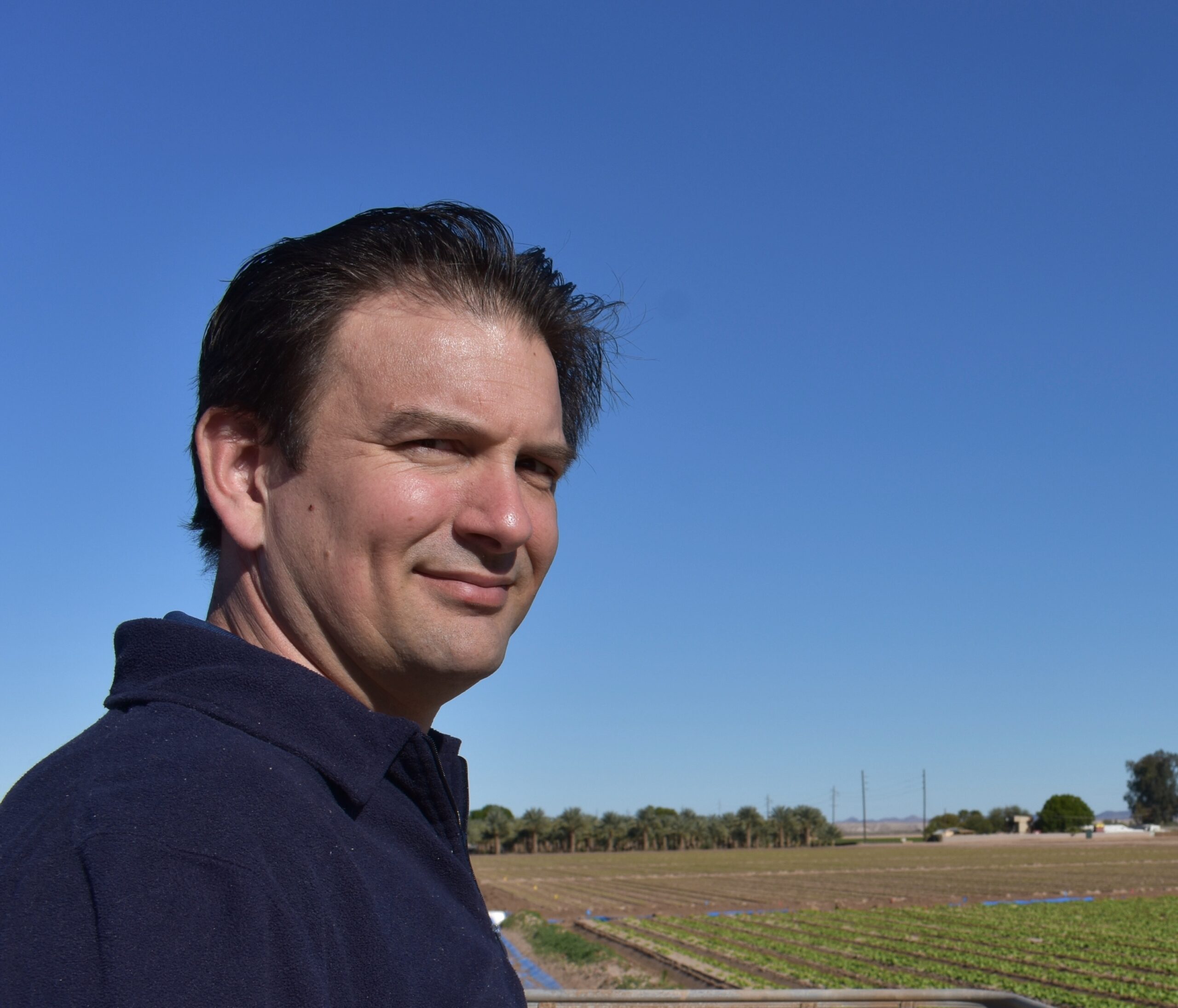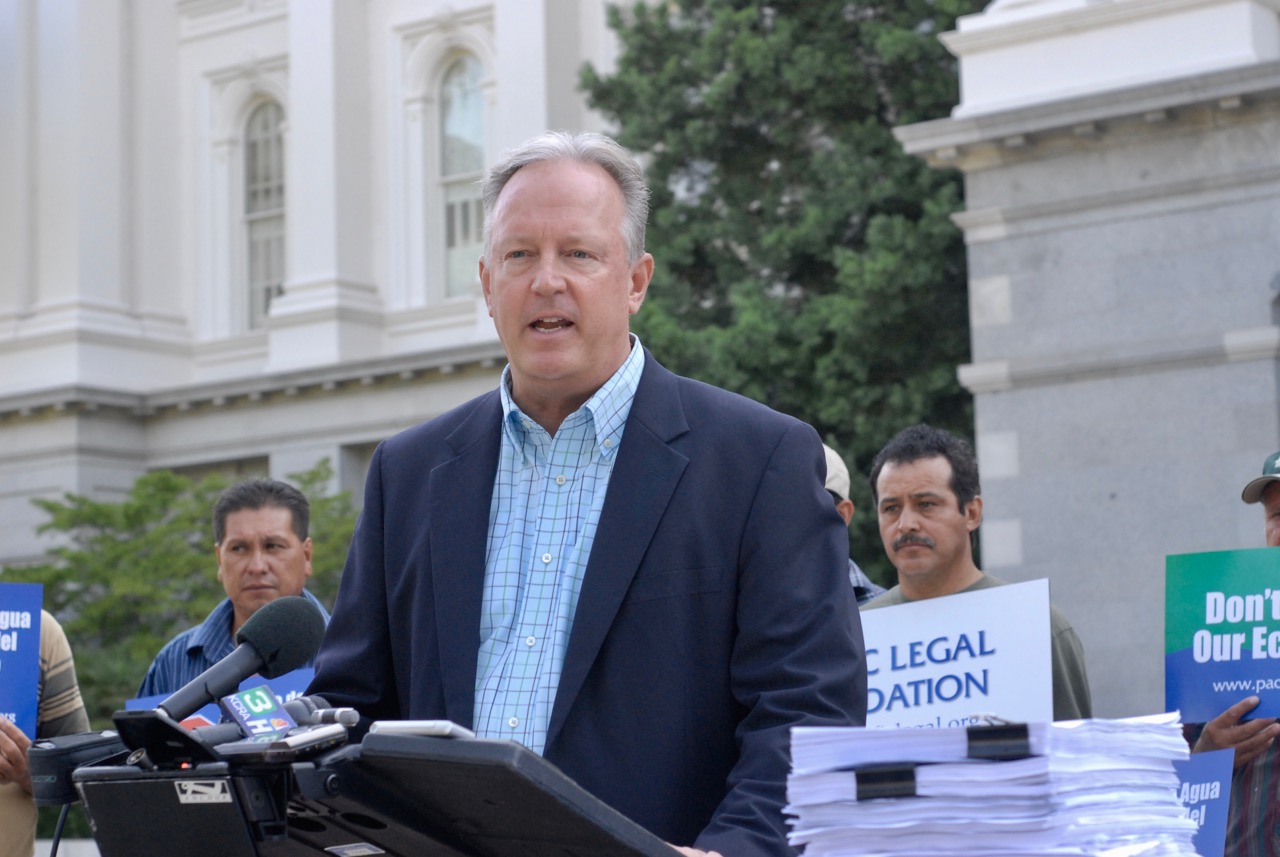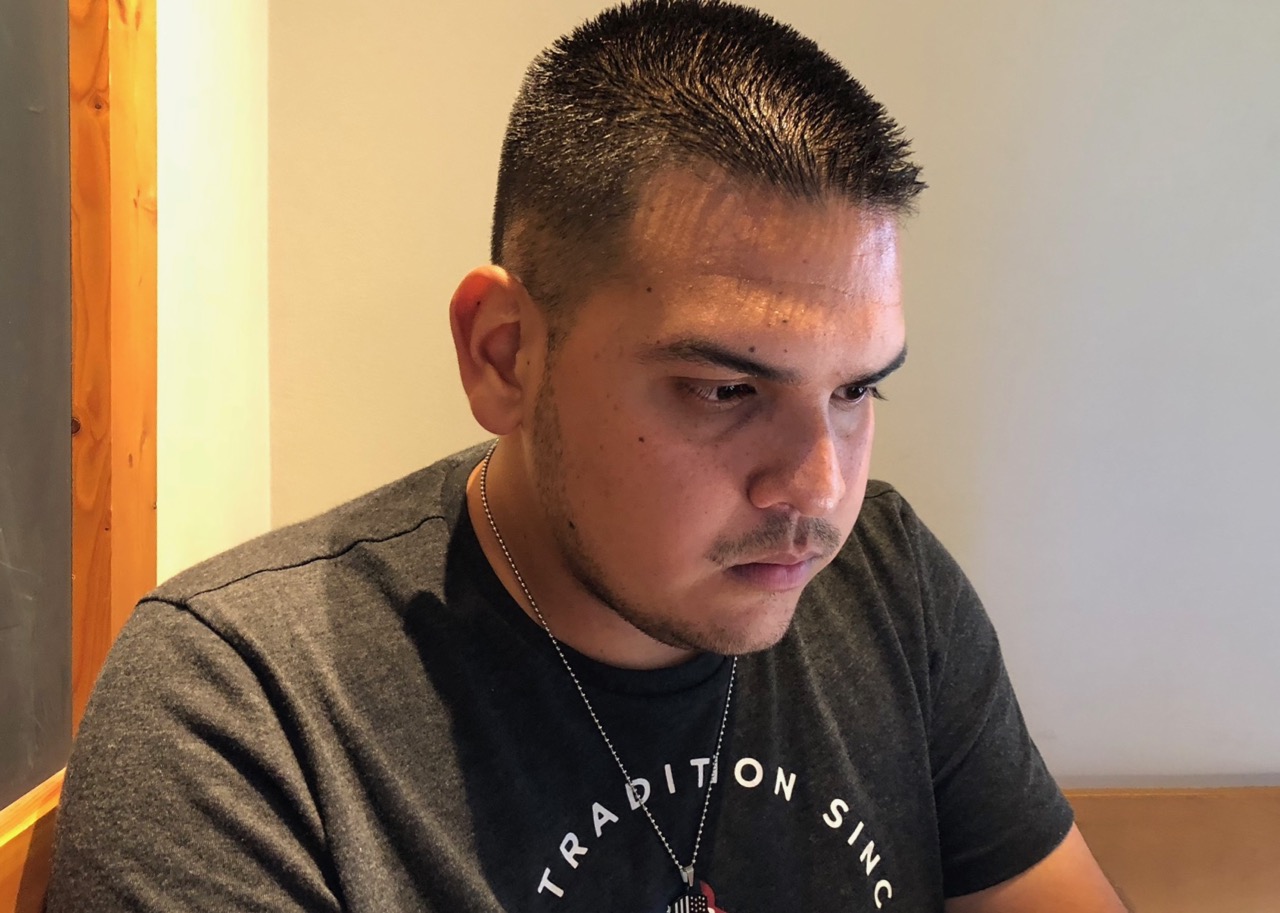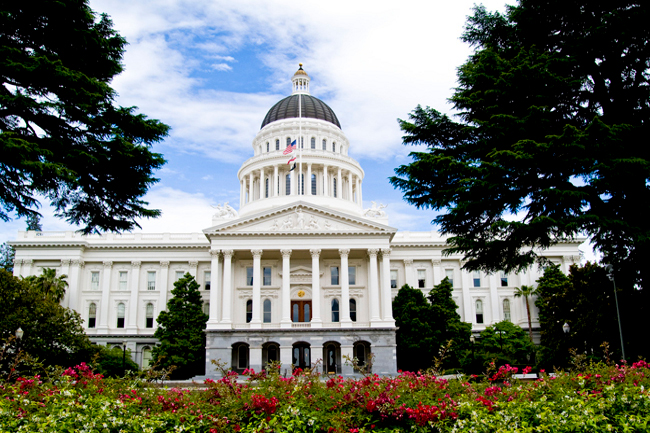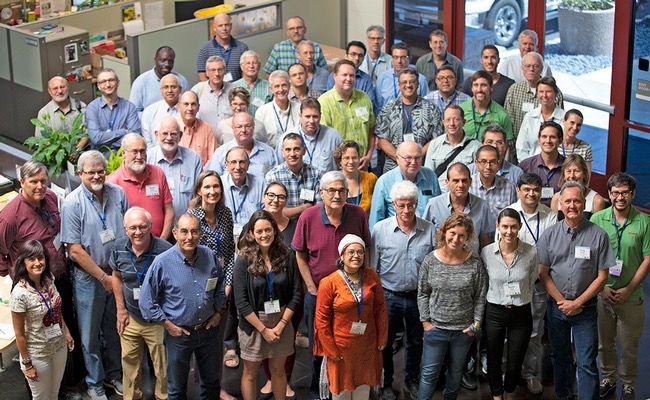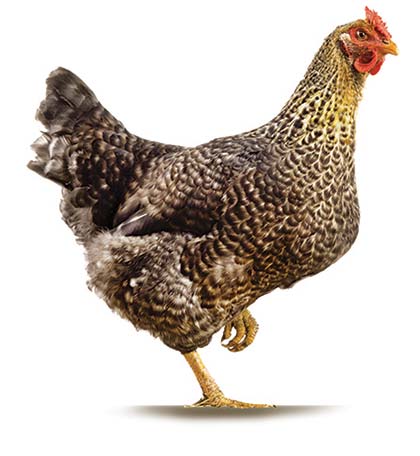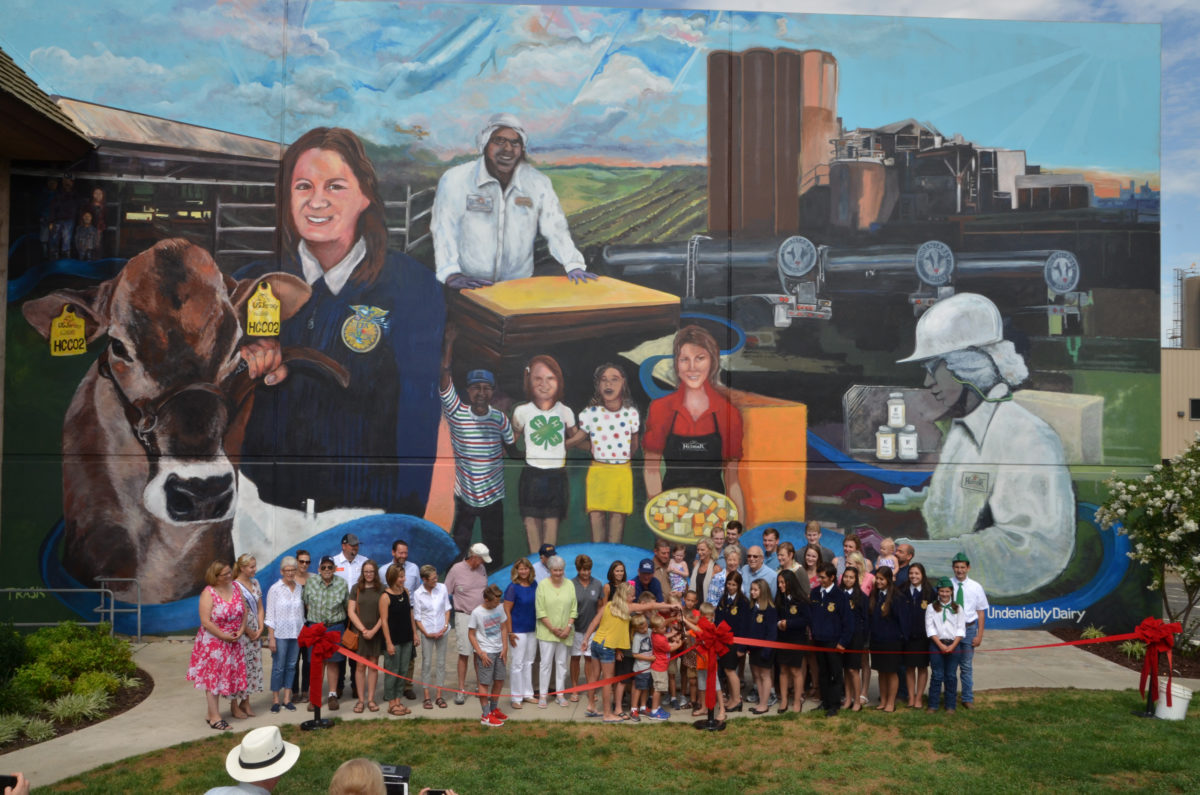Interior Secretary Zinke Agrees: Sacramento Water Grab “Unacceptable”
Zinke Directs Staff to Propose New Plan
News Release
Secretary of the Interior Ryan Zinke’s visit to Don Pedro and New Melones Reservoirs at the request of U.S. Representative Jeff Denham (R-Turlock) continues to yield results for the Valley, with Secretary Zinke issuing an internal memo Friday declaring the state’s proposed water grab an “unacceptable restriction” that reduces the Department of the Interior’s ability to deliver water and directing his agencies to propose a plan within 25 days to maximize water supply, construct new water storage, and resolve issues with the state, among other directives.
“After our tour of local reservoirs, Secretary Zinke recognizes that Sacramento’s water grab would cripple our communities, farms and water storage infrastructure,” Denham said. “Our water, our water rights, and our future depend on stopping this wasteful plan.”
Previously, the Bureau of Reclamation, within the Department of Interior, issued an official comment on the state’s proposed water grab, noting the plan “directly interfere[s] with the New Melones Project’s ability to store water” and “elevate[s] the Project’s fish and wildlife purposes over the Project’s irrigation and domestic purposes contrary to the prioritization scheme carefully established by Congress.”
The agency’s comment also specifies that siphoning off at least 40 percent of the Central Valley’s rivers during peak season would result in significant reductions in water storage at New Melones and result in diminished power generation as well as recreational opportunities. The agency recommends the Board reconsider and postpone the scheduled August 21-22 public meeting to allow for “additional due diligence and dialogue.”
Recently, Denham’s amendment to stop the state’s dangerous water grab passed the U.S. House of Representatives as part of a Department of the Interior appropriations bill, and put a major spotlight on this issue. The amendment, currently awaiting a vote in the Senate, prohibits federal agencies from participating in the state’s plan to deplete the federally owned New Melones reservoir, which provides water for the Central Valley Project and generates hydropower.
Sacramento’s plan would drain significantly more water from New Melones each year, potentially leaving it completely dry some years. This would put in jeopardy critical water supplies for Central Valley farmers and communities who rely on the water for their homes, businesses, farms, and electric power. The amendment takes this issue head-on to protect Valley water.
Denham will continue fighting to protect Central Valley water, support science-driven river management plans that revitalize our rivers without recklessly wasting water, and push major policies like the New WATER Act that will solve California’s water storage crisis and keep the Valley fertile and prosperous for generations to come.
See the memo from Secretary Zinke here, or to read the full comment from the Department of the Interior on the state water grab plan, click here. For more information about what Denham is doing to fight for water in the Valley, visit www.Denham.house.gov/water, where you can also sign up to receive periodic updates on his work in Washington to improve local water infrastructure, storage and delivery.
